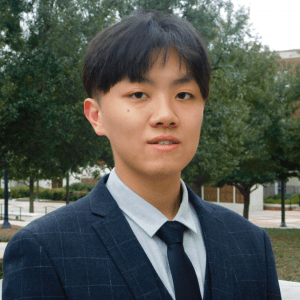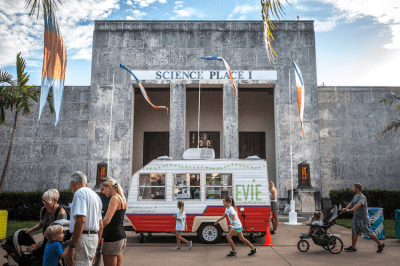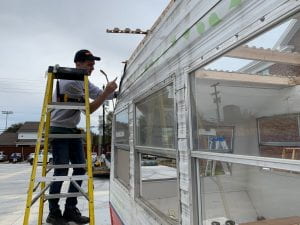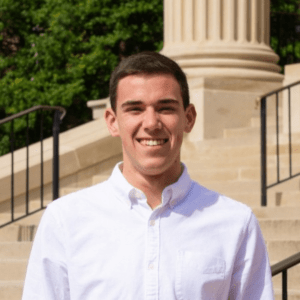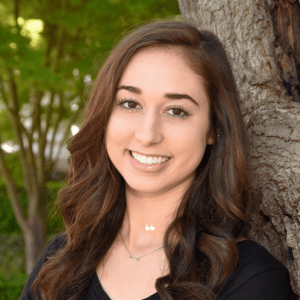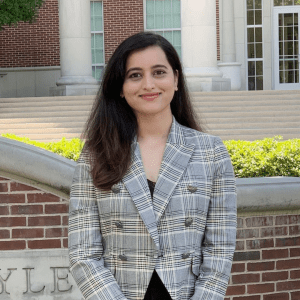 Harshada Pednekar ’21 joined the Hunt Institute to work in GIS mapping and research in environmental engineering with a concentration in waste to energy. Before coming to the United States to pursue a master’s degree in environmental engineering from Lyle School of Engineering, Harshada had a professional career in India, most notably working as a Design Engineer at Indo-French company Mailhem-Ikos Environment Pvt. Ltd. where she designed portable biogas plants and bio-methanation (UASB Reactor) plants, capacity ranging from 1000kg to100 TPD of municipal solid waste. After graduation, Harshada began work at AECOM in Greenville, South Carolina as a Civil Engineer.
Harshada Pednekar ’21 joined the Hunt Institute to work in GIS mapping and research in environmental engineering with a concentration in waste to energy. Before coming to the United States to pursue a master’s degree in environmental engineering from Lyle School of Engineering, Harshada had a professional career in India, most notably working as a Design Engineer at Indo-French company Mailhem-Ikos Environment Pvt. Ltd. where she designed portable biogas plants and bio-methanation (UASB Reactor) plants, capacity ranging from 1000kg to100 TPD of municipal solid waste. After graduation, Harshada began work at AECOM in Greenville, South Carolina as a Civil Engineer.
When asked why she was drawn to the Hunt Institute, Harshada said, “I was attracted to the Institute when I heard about the “Waste to Energy” Project. Waste is not waste until we waste it. I believe that working at the Institute will support my aspirations for working in this field with a strong industrial interface that will keep me updated with the latest developments. This project is teaching me all the aspects of engineering, management, and finance.”
Harshada now has both a master’s degree in Environmental Engineering from Southern Methodist University’s Lyle School of Engineering and a Bachelor’s degree in Environmental Engineering from KIT’s College of Engineering in Kolhapur, MH, India. In addition to working in the Institute as a Graduate Research Analyst, Pednekar served as a Teaching Assistant in the Field & Lab Methods for Lyle School of Engineering. She was also an active member of the Lyle Senior Design Team that took First Place in the virtual Student Design Competition, sponsored by the Water Environment Association of Texas (WEAT).
To read more about the Hunt Institute’s work to develop future-focused solutions to some of the world’s biggest problems, please click here. For the latest news on the Hunt Institute, follow our social media accounts on LinkedIn, Facebook, and Instagram. We invite you to listen to our Podcast called Sages & Seekers. If you are considering engaging with the institute, you can donate, or sign-up for our newsletter by emailing huntinstitute@smu.edu.








